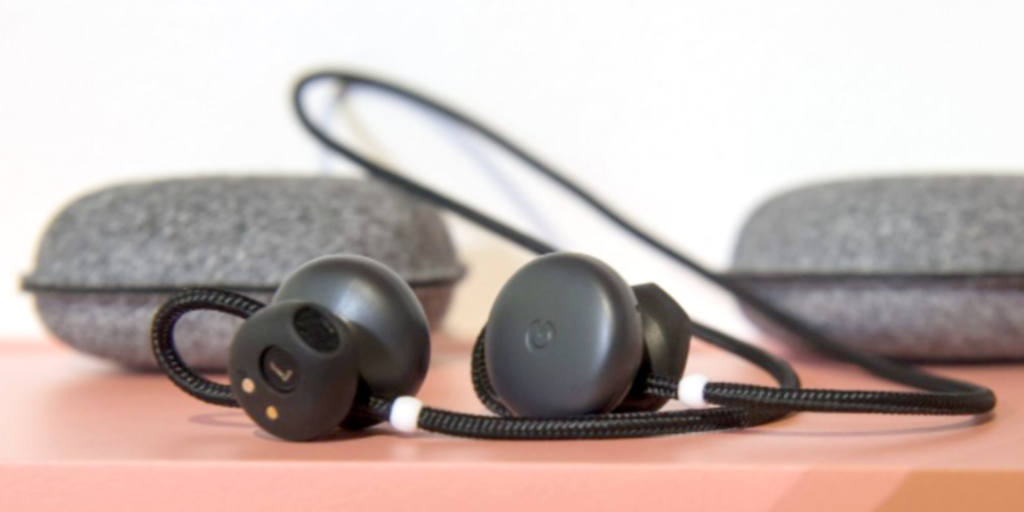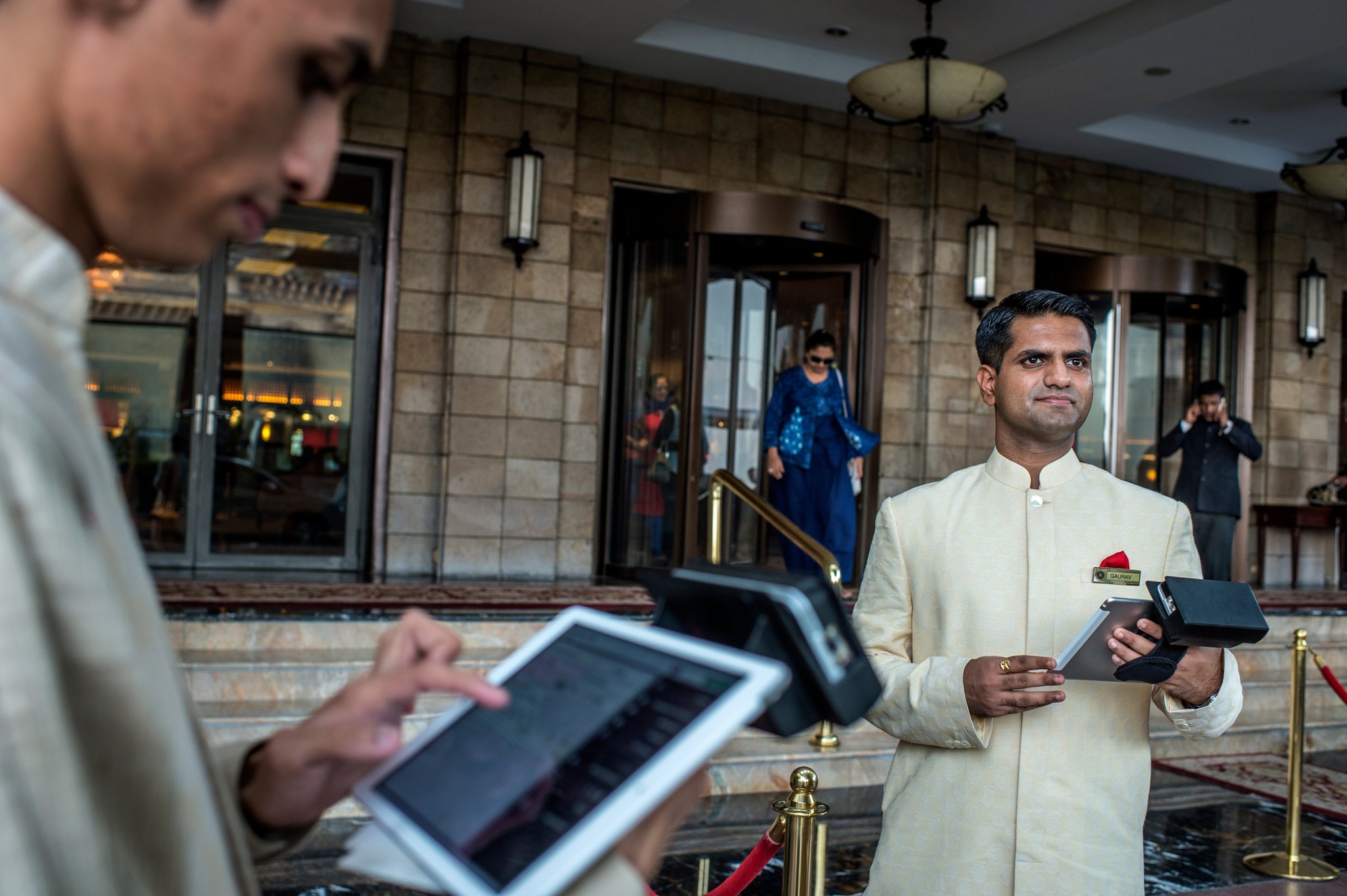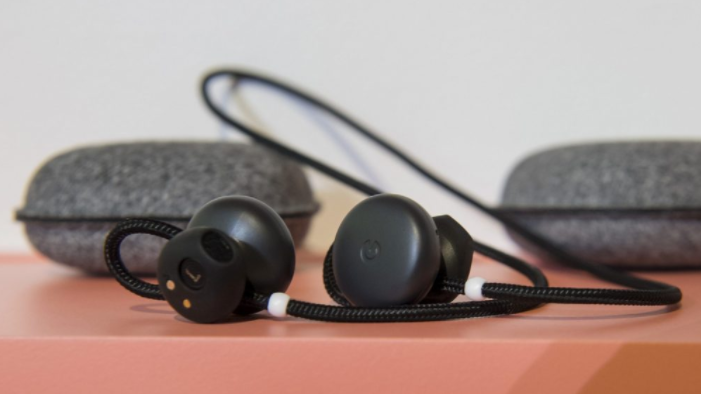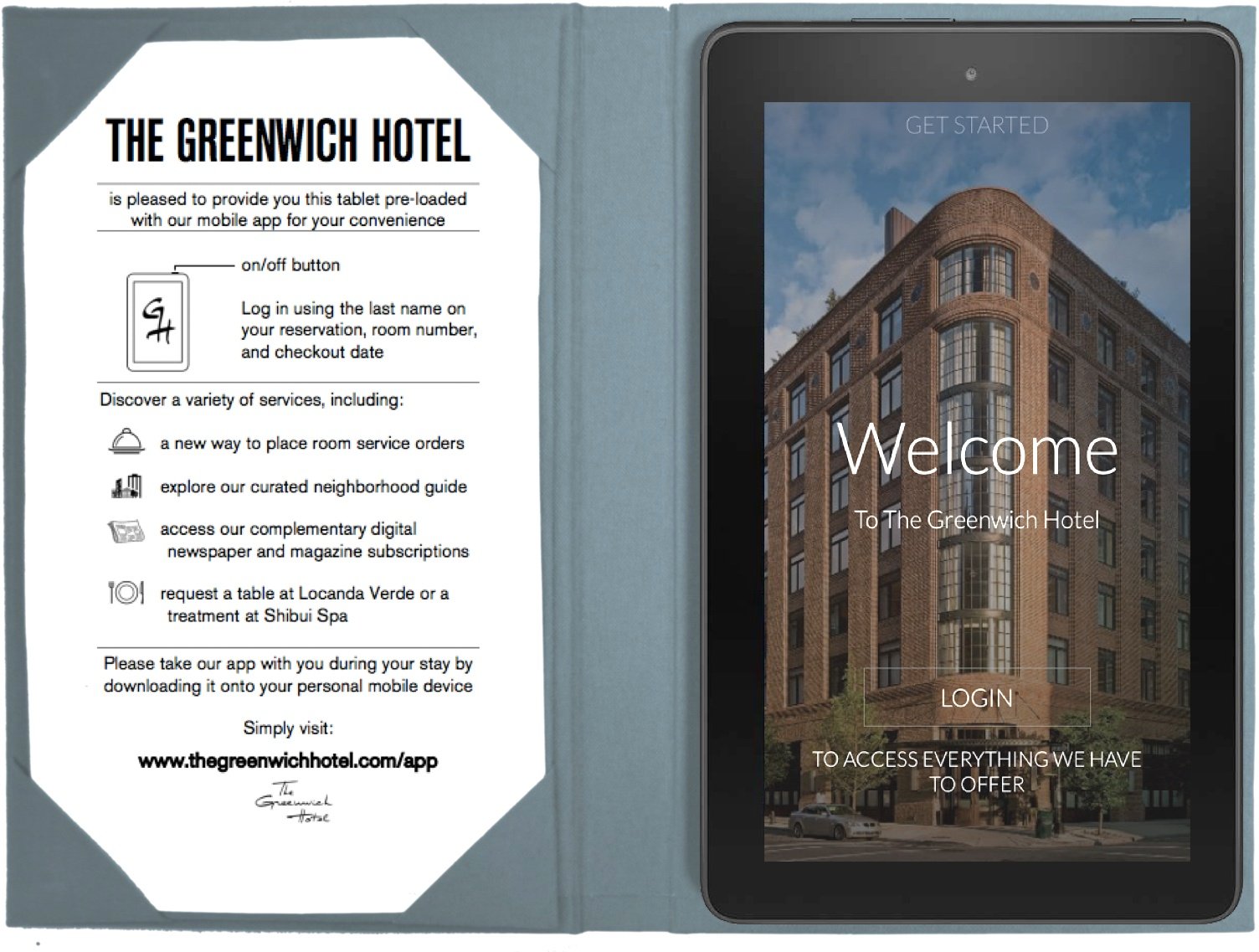
Hotel Staff Will Never Be Replaced By Technology, They Will Be Replaced By Staff Who Use Technology – Newsletter 54
In Newsletter #54: Tech transforms hotel operations | Google Pixel Buds are the next translation frontier | Using tech to elevate your customer service.
We have a great lineup of pieces below. First up, we have a great thought piece on how technology is evolving to let the little guys use it. It’s incredible how often we get calls from smaller hotels, and it’s even more fascinating when we have non-hotel entities, like yachts, mansions and other private “hospitality” businesses calling us seeing if they can use ALICE to operate. That’s the key… every industry is turning to technology to turn good service into a science, and as more do so, it becomes easier to do.
But remember, that while service may indeed be a science, hospitality remains an art. People deliver hospitality better than technology can and that’s why I really like the third article below as it plays a very advanced technology topic, artificial intelligence, against a very human hospitality goal, customer experience. The two work hand in hand. Remember when Pret a Manger announced their “Random Acts of Kindness” program, giving their employees the autonomy to hand out free coffees as they see fit? This program was managed through their software and loyalty tools but delivered by their people (who handed out over 1M cups a year, for free!).
On a side note, we didn’t discuss it below, but WeWork’s recent partnership with Airbnb is very interesting for hotels to contemplate. We actually wrote an article exactly a year ago on how we would love to see a “Shared Workspace Hotel” in business travel. You can read it here. This prompted us to ask the ALICE team what other ideas they want in hotels. Here’s a couple from our team:
- Yoga / Spin-bike in the room (hey, Peloton!)
- Six-month subscriptions to a hotel room (Netflix style)
- Room service from local restaurants (Seamless for hotels)
- Rental clothing for exercise (so you don’t have to pack your sweaty clothes)
We’ll be talking about two big themes for the future of hotel technology in our webinar on November 9th (sign up now for the 9am ET or 12pm ET session — register even if you can’t attend and we’ll send you the recording), …but before then, reply with your ideas (be warned, Airbnb might take them!)
Best,
– Alex Shashou
HIGHLIGHTS FROM THE WEEK’S NEWS…
Hotel News Now | Tech Push Continues To Affect Hotel Operations
Why it matters: “The advantages afforded by technology can give smaller hotels the same operational advantages and efficiencies typically seen in large, full-service properties,” writes Kerry Ranson, a 21-year veteran of the hospitality industry and Chief Development Officer at HP Hotels. This means that “smaller entities can purchase à la carte the ‘back room’ operations that at one time only large-scale entities could afford to create, staff and manage.”
That’s the thing with technology. It always gets cheaper and easier to build and thus to buy. In just five years at ALICE, we’ve seen this first hand. Hotels we didn’t think would have the budget to use ALICE to run their operations are now power-users.
With or without intending to, this article starts with one lesson and ends with a second. The first is the acknowledgement that as technology matures, it becomes more accessible and affordable, thus allowing independents to use it. This is part of the reason that the boutique and independent hotel movement has thrived – owners are less reliant on brands to do all of the technology work.
The second lesson seems to be of the gains that technology offers (thank you Kerry for this!). A particularly interesting example of this is how technology helps when it comes to auditing and property oversight. To wit, hotels can now use software to centralize some of their departments, such as sales, which don’t need to be on property and can also leverage technology reporting tools to analyze their performance: “When visiting a property, management teams can spend much less time ‘rounding up the paperwork,’” Kerry explains of the benefits of technology.
Two great lessons that we should all heed when thinking about whether we are a “fit” for technology.
Skift | Google’s New Earbuds With Real-Time Translation Have Huge Implications for Travel
Business Insider | Professional Translators Aren’t Worried About Google’s Language-Translating Headphones
Why it matters: It was just eight newsletters ago (#46) that we were discussing how the world has made more progress with sentence-based language translation this year than in the past ten years combined. And now, we’re witnessing another transformative innovation in the form of Google Pixel Buds. This pair of on-the-go translators moves translation forward in an exciting way, removing the latency experienced with previous technological translation tools.
As with other technology innovations, talk around these buds centers again on the topic of machine vs human in hospitality, as well as the potential for automation to replace human work. Not everyone thinks these buds will replace human translation anytime soon, however. When professional Portuguese translator Joåo Correia was asked what he thought of Google’s new innovation, he commented wryly, “I’d like to see what happens when an Anglophile uses it to communicate with a Japanese about oil rig implementation.” Indeed, the confidence many professionals have about their superiority over technology when it comes to translation rests on the still-unique human ability to parse a sentence for sentience and abstraction. Perhaps the key is to strive for a balance between automation and human value, as reflected in the words of DS Interpretation founder Bill Wood: “Interpreters will never be replaced by technology, they will be replaced by interpreters who use technology.”
The same could be said for hotel staff. Imagine a hotel world that embraces Google Pixel Buds — front desk agents no longer have to resort to awkward miming and seemingly assertive shouting to be understood. Hotel staff who were previously limited to communicating through online translation solely through the front desk can now do so at anytime and anywhere on property. Aloof communication through typing and reading on Google Translate can now return to intimate personable speech. With simply the press of a button, front desk agents can now be empowered with the right words to say in that reservation call with the foreign guest to secure the booking. And the frustration of in-house guests who were once unable to request service from the comfort of their rooms will now turn into delight from an unexpected reply in their native language. From guest satisfaction to increased sales, the possibilities are endless with this barrier-breaking technology. Even though it is advisable to wait for the second or third iteration before testing its capabilities in your hotel, Google Pixel Buds are definitely worth to keeping an eye (ear?) on.
Machine Learnings | AI Is Not Coming For Customer Service Teams. AI Is Coming To Elevate Customer Service Teams
Why it matters: “As AI (artificial intelligence) advances, the work done by machines won’t be what differentiates a company. It will be what is expected. While the human beings working on the front lines, collaborating with AI and standing on its shoulders, will be what differentiate the best companies from their peers.” This piece from Suneet Bhatt, Chief Growth Officer of The Help Scout Team, reminds us of a tenet of our own philosophy at ALICE – that it’s not technology that’s the differentiator between hotels, but how hotels use technology.
Since we cover technology and its impact on hospitality, an article on customer service is very topical. Hotels are at the forefront of customer service. Not in a way that a consumer brand is, where you have a dedicated team for it and no one else need bother, but in a hotel, every one of your staff doubles as a customer service agent.
Yet we read this and then we read a second piece on the topic this week by Karthik Namasivayam, Ph.D., chair of the Department of Hospitality and Tourism Management at Rochester Institute of Technology, who asks “is human interaction still an important and indispensable part of hospitality?” as he contemplates on how millennials want more technology in hotels.
If you agree with Suneet, as we do, then YES. Technology is only so good in hotels as the feeling of hospitality and service one gets when using it. That “feeling” is delivered by the hotel staff. Technology simply serves to accelerate that feeling or remove inefficiencies that take away from the hospitality customer experience.
This means that as you look into technology decisions… one question you must ask is “How does this technology help my staff do their job better? How does it help us elevate the customer experience?” Rather than “how does the technology elevate the customer experience (in the absence of ‘the team’)”?
If 75% say that good customer experience is a competitive advantage… then why do only 37% of companies have a dedicated budget for it?
- Delta Air Lines Scraps Check-In for Users of Its iPhone App Skift
- Not Just Rooms, Hotels Offer One-of-a-Kind Experiences NYTimes
- Tech push continues to affect hotel operations Hotel News Now
- Elite Golden Keys Concierges Try To Stay Relevant Amid Growing Automation NPR
- The Great Concierge Debate: Digital or Personal? NYTimes
TRAVEL TECHNOLOGY SPOTLIGHT
We’d like to inform you about a new partnership of ours with Alta.
We partnered with the Alta team about a year ago at The Greenwich Hotel to deliver very affordable in-room tablets that would encourage guests to order more room service and request other hotel services without the usual costly expenses associated with tablets in-room.
So far, the hotel is seeing success as a result of this integration, with 80% of guests engaging. Thanks to the integration, the staff are managing all of this engagement seamlessly through their ALICE devices.
As a valued partner we want to just make you aware of the new integration. Should you be interested in speaking with Alta, we would be happy to introduce you to Bart Freibert, their Head of Sales, or you may email him directly at bart@getalta.com.
{{cta(‘3a1b7b2f-4be7-4c26-9bbd-03a0b82288b8′,’justifycenter’)}}










